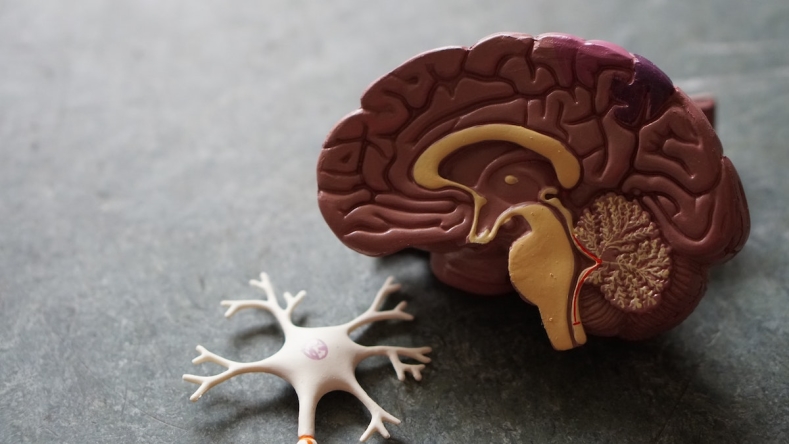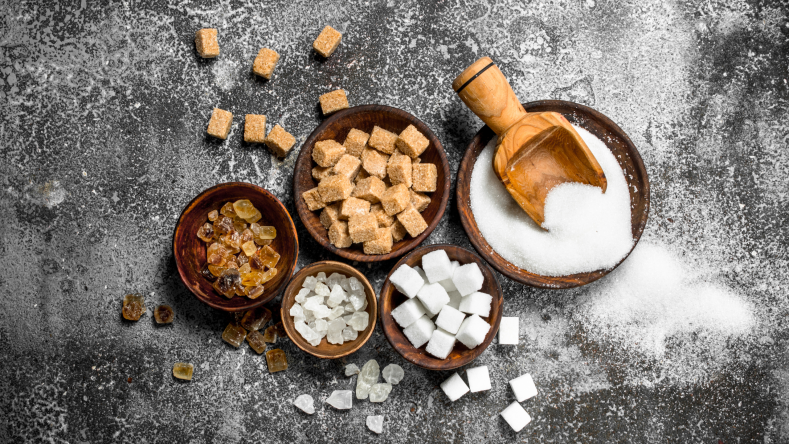Issue 43: Nutrition for brain health
According to the CDC, 1 in 9 adults over 45 report that they have worsening or more frequent confusion or memory loss.

No one likes the idea of losing their smarts. It's a frightening concept that most of us want to avoid at all costs. While avoiding age-related decline altogether may not be realistic, research shows that lifestyle choices can help protect your brain as you get older. Getting adequate omega-3 fats, regular exercise, meditation, and eating berries all appear to fight inflammation and nourish your most powerful asset - your brain.
In this issue, you will find tips on everything from eating for focus to simple lifestyle changes that boost brain health. Here's to staying sharp, Elos!
1. Trouble focusing? Your diet might be the culprit.
Your gut and brain are in constant communication, and your nutrition choices can have a big impact on your ability to focus throughout the day. Struggle with the 3pm slump? These foods could help.

2. The best and worst foods for brain health according to Registered Dietitians.
Like other organs, your brain needs nourishment. We chatted to several registered dietitians about the best foods to keep your brain in tip-top condition.
3. Ashwagandha might offer brain-boosting benefits.
Emerging evidence suggests that ashwagandha may be helpful for memory and attention in certain groups of people. But the benefits don't stop there. Read on to find out what ashwagandha can do for you.
4. Science-backed biohacks for memory and cognitive performance.
From the MIND diet to mindful meditation, read on to discover simple changes you can make to offset cognitive decline as you get older.

5. Does added sugar impact brain function?
Glucose is the preferred fuel of the brain however not all sources of glucose are created equal. Eating too much added sugar can hinder focus, impact mood, and increase your risk of cognitive decline.


